15 Things You Didn’t Know About Sir Abubakar Tafawa Balew
Sir Abubakar Tafawa Balewa, Nigeria’s first Prime Minister, is often remembered as the “Golden Voice of Africa” for his eloquence and diplomacy. Beyond his political career, there are fascinating aspects of his life that remain little known to many Nigerians today. Here are 15 things you probably didn’t know about him:
1. His Surname Was Taken From His Hometown
Balewa was not originally his family name. He adopted it from Tafawa Balewa, the town in present-day Bauchi State where he was born in 1912.
2. He Was the Son of a Cattle Trader
His father, Yakubu Dan Zala, was a district head and cattle trader, while his mother was of Gere ethnicity. Balewa grew up in modest circumstances, herding cattle as a boy.
3. He Combined Qur’anic and Western Education
Unlike many of his contemporaries, Balewa had both Islamic education from a Qur’anic school and Western education, making him versatile in navigating colonial Nigeria.
4. He Trekked Over 400 Kilometres Home From School
During holidays at Katsina College, he would walk all the way back to Bauchi — a 10-day journey of about 400 kilometres. He covered about 40 km daily, resting in villages along the way.
5. He Was Student Number 145 at Katsina College
At the prestigious Katsina College (later Barewa College), Balewa was assigned student number 145. Ahmadu Bello, later the Sardauna of Sokoto, was student number 87.
6. He Was Nicknamed the “Golden Voice of Africa”
Balewa’s speeches at the United Nations and other international forums earned him the title “Golden Voice of Africa,” a recognition of his calm, persuasive, and poetic oratory style.
7. He Started Out as a Teacher
Balewa trained as a teacher and began teaching at Bauchi Middle School, where he later became a senior schoolmaster before entering politics.
8. He Studied in London in the 1940s
In 1944, he attended the University of London’s Institute of Education (now part of UCL), where he studied teaching methods and administration before returning as an Inspector of Schools.
9. He Once Worked With Aminu Kano as a Colleague
In 1941, the young Aminu Kano (who later founded the Northern Elements Progressive Union) was posted to Bauchi Middle School, where he and Balewa worked together as teachers.
10. He Rose to Power Through the Northern People’s Congress (NPC)
Balewa was a founding member of the NPC, initially representing his people in the Northern House of Assembly before rising to become its parliamentary leader.
11. He Became Nigeria’s First Prime Minister in 1960
After independence on October 1, 1960, Balewa became the country’s first Prime Minister, while Dr. Nnamdi Azikiwe became Governor-General (later President).
12. He Advocated for African Unity
Balewa was a strong voice in the early days of the Organization of African Unity (OAU), where he worked with leaders like Kwame Nkrumah and Haile Selassie to promote African solidarity.
13. He Was a Knighted Leader
In 1960, Queen Elizabeth II knighted him as a Knight of the British Empire (KBE), in recognition of his leadership at independence.
14. He Was Killed During Nigeria’s First Military Coup
On January 15, 1966, Balewa was overthrown and murdered in Nigeria’s first coup d’état. His body was later found in a shallow grave along the Lagos-Abeokuta road.
15. He Is Honoured on Nigeria’s Currency
Balewa’s image appears on the ₦5 note, ensuring that generations of Nigerians continue to remember his contribution to the nation.
✨ Legacy
Sir Abubakar Tafawa Balewa lived a life of humility, dedication, and service. From trekking hundreds of kilometres as a student to becoming Prime Minister, his story reflects resilience, patriotism, and sacrifice. Though his life was tragically cut short, his name remains etched in Nigeria’s history as a symbol of leadership and diplomacy.




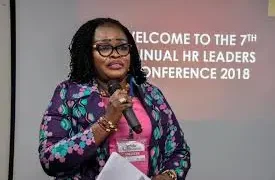
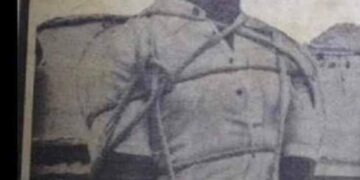
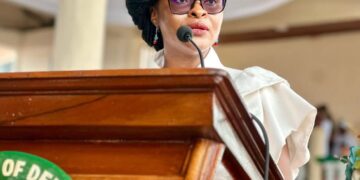




























































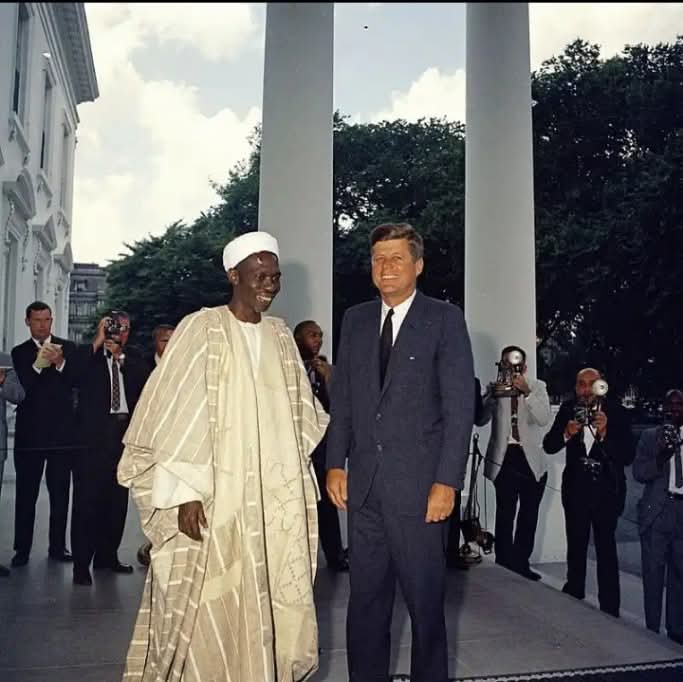
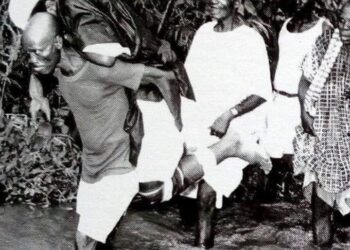
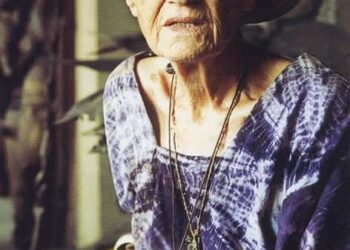

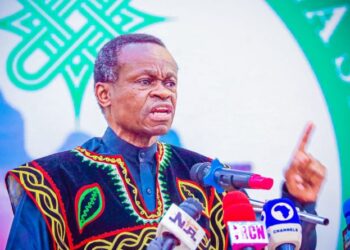

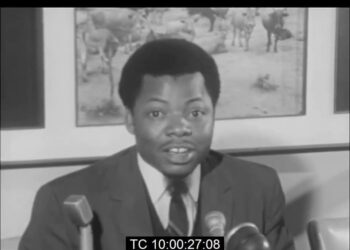










 EduTimes Africa, a product of Education Times Africa, is a magazine publication that aims to lend its support to close the yawning gap in Africa's educational development.
EduTimes Africa, a product of Education Times Africa, is a magazine publication that aims to lend its support to close the yawning gap in Africa's educational development.